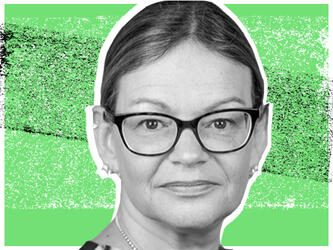CRE: Newer viewers less likely to respond to social media about existing shows
The study, Talking Social TV, was conducted by the CRE’s Social Media Committee and examined the effects of social media on both regular and infrequent viewers.
It found that social media had a higher effect on regular viewers than those who infrequently sample a TV programme.
Infrequent viewers were likely to respond to offline word-of-mouth recommendations, which were five-to-10 times more effective than social media in reaching potential viewers, although they were more favourable to social media’s influence when it came to new programmes.
Chair of the CRE Social Media Committee, and senior vice-president, market resources at Discovery Communications, Beth Rockwood said: “These latest findings suggest social media may have a stronger role in building relationships with a show for existing viewers than in drawing newer viewers to that show. If programmers already have a regular viewer watching their show, they can engage them further.”
A second study into the relationship of social media and TV viewing is expected to launch later this year with a lengthier survey of respondents using mobile apps as diaries.

We hope you enjoyed this article.
Research Live is published by MRS.
The Market Research Society (MRS) exists to promote and protect the research sector, showcasing how research delivers impact for businesses and government.
Members of MRS enjoy many benefits including tailoured policy guidance, discounts on training and conferences, and access to member-only content.
For example, there's an archive of winning case studies from over a decade of MRS Awards.
Find out more about the benefits of joining MRS here.











0 Comments